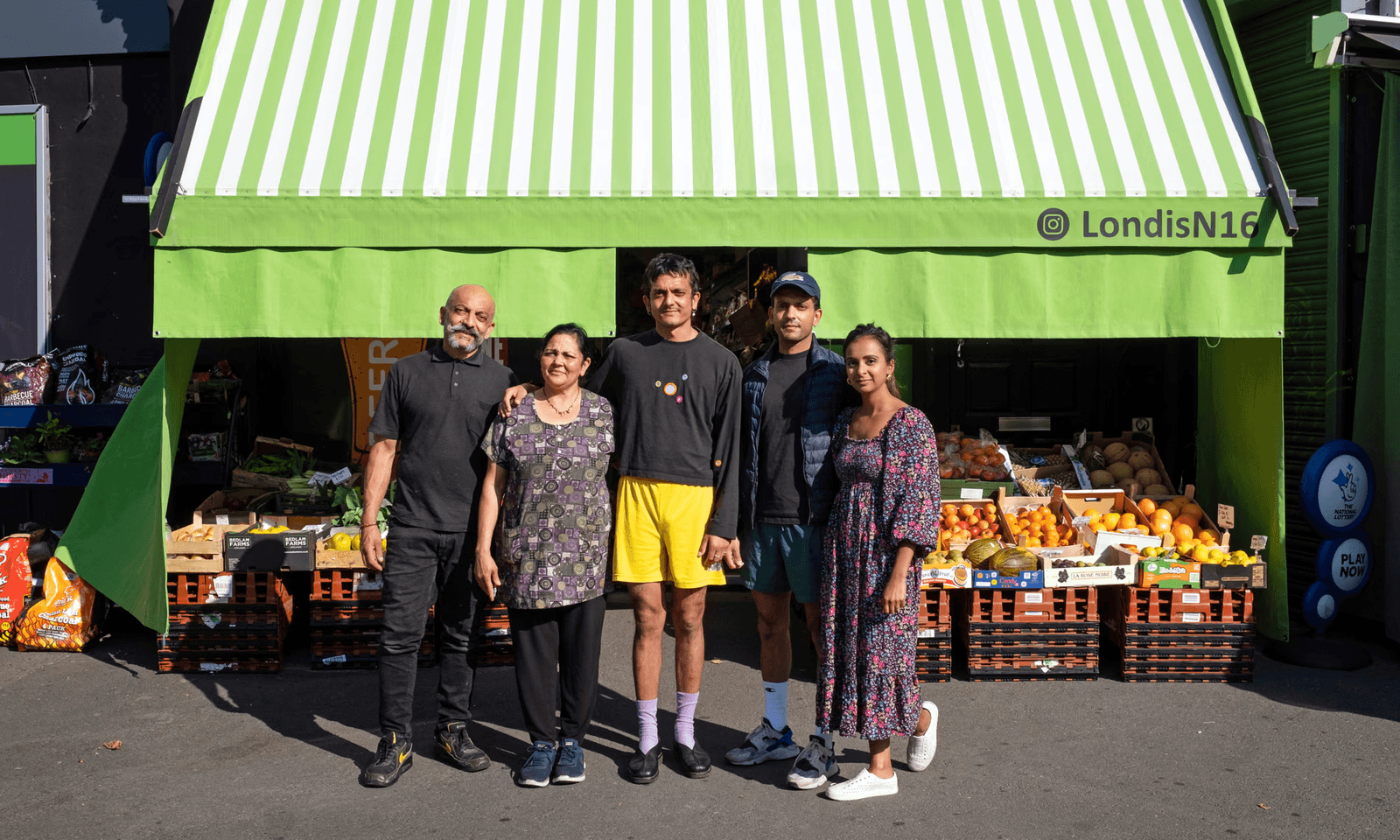
Cash as a Public Good: Protecting Local Economies from Bank Fees
By Frane Maroevic, Director General, International Currency Association
For many, cash is more than a payment method. It is a lifeline, a tool for control over spending, and a driver of local economic circulation.
Consider a simple £50 note. In cash form, it can change hands dozens of times without losing value. A person repays a debt, the recipient pays the hairdresser, the hairdresser buys lunch at a café, the café owner settles an account with a restaurant, the restaurant pays its linen service. Transaction after transaction, that same £50 remains whole.
Replace that note with a credit card payment, and the picture changes dramatically. Each transaction siphons away around 3% in fees to banks or card companies.
After only 23 such transactions, a €50 payment has been whittled down to just €25 in value — the other half has leaked away from the local economy into corporate profits.
This invisible toll explains why the push towards a cashless society often aligns with the interests of those who profit from fees.
For vulnerable groups, the stakes are even higher. A 94-year-old who prefers withdrawing cash at her local branch gains something digital payments cannot match: face-to-face interaction, financial autonomy, and a tangible sense of money’s limits.
Card use, by contrast, can encourage overspending, with the true cost hidden until the monthly statement arrives.
Advocates for cash are not arguing against technology; they are defending the right to choose a payment method that sustains local economies, protects privacy, and avoids unnecessary financial leakage to global corporations.
The arithmetic is simple: with cash, value stays in your community. With cards, it flows elsewhere.
The lesson is clear: the fight for cash is a fight to keep money’s worth and power in people’s hands.
